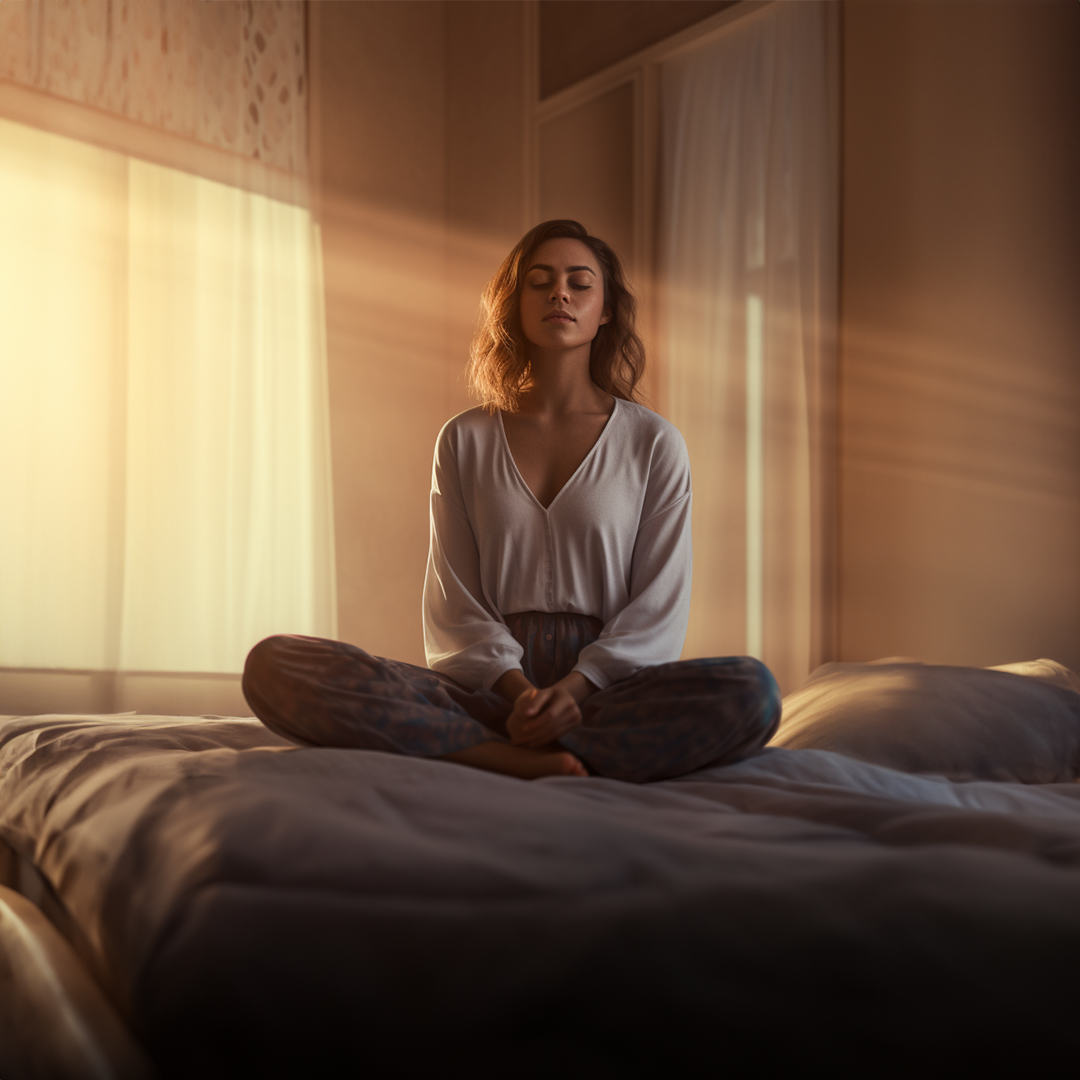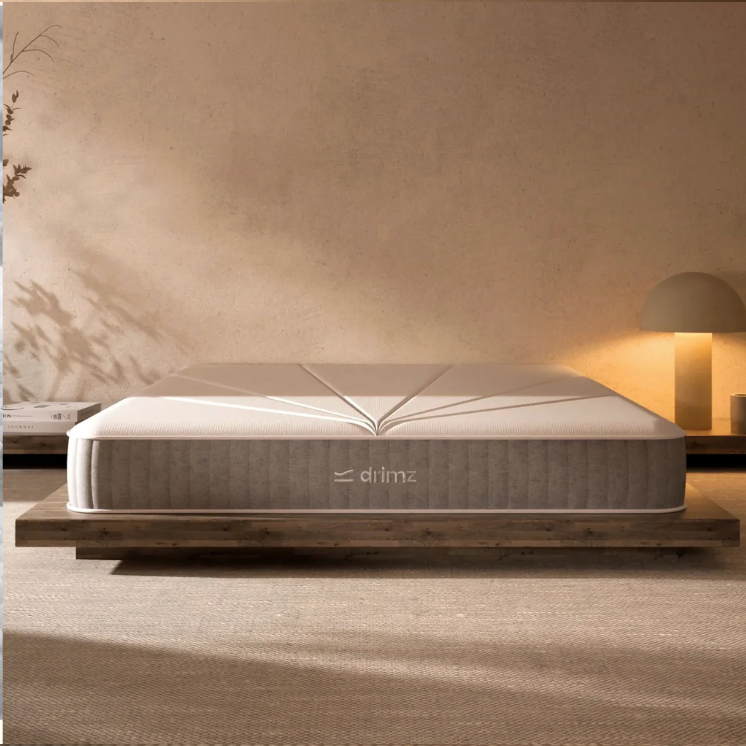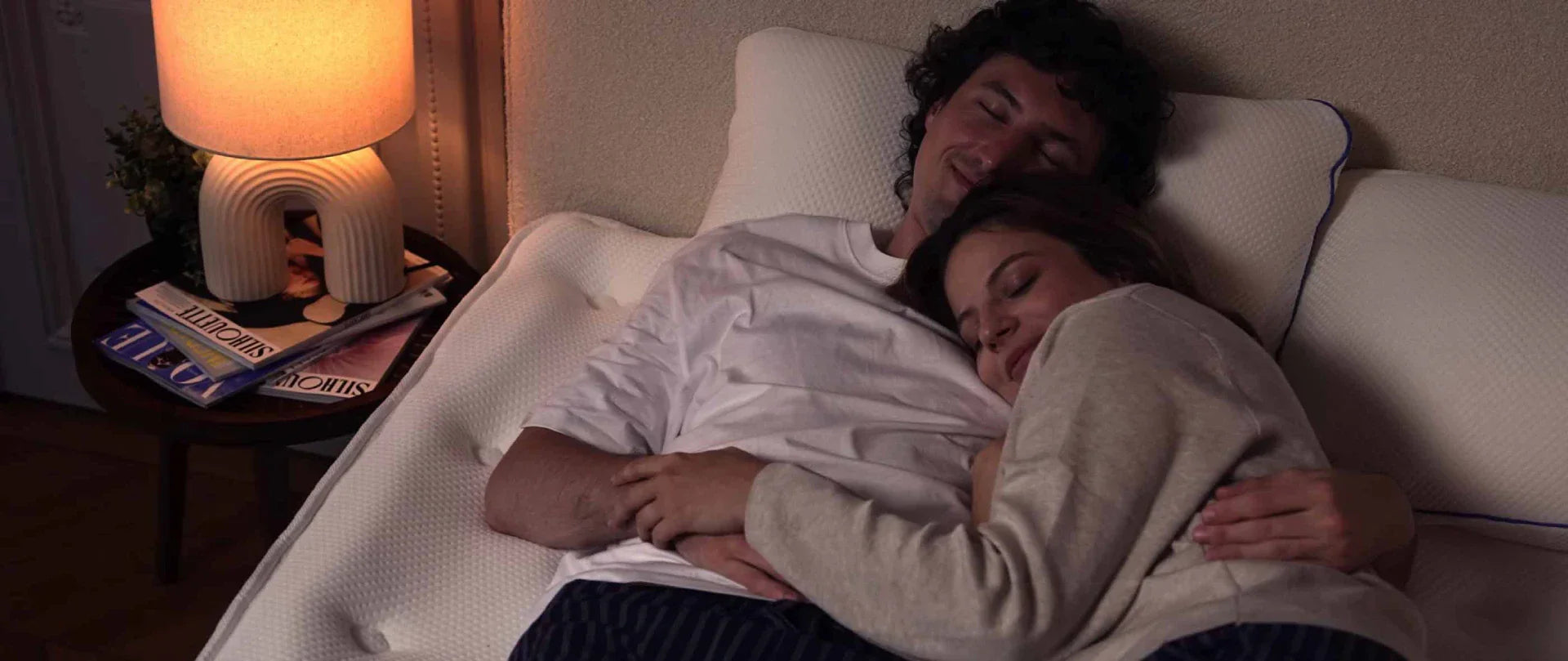
A good night's sleep is essential for our health and well-being, but sometimes it can be difficult to fall asleep quickly. If you're having trouble falling asleep, here are some simple tips that could help you fall asleep in less than 10 minutes:
Create a sleep routine
Establish a regular bedtime routine by going to bed and waking up at similar times each day. Your body will get used to this routine and naturally prepare for rest as bedtime approaches.
Avoid screens before bedtime
The blue light emitted by smartphones, tablets, and computers can disrupt our internal clocks and delay sleep. Turn off screens at least an hour before bedtime and instead opt for relaxing activities like reading a book or listening to soft music.
Create an environment conducive to sleep
To ensure you fall asleep quickly, your bedroom should be quiet, dark, and comfortable. If necessary, use blackout curtains, earplugs, or a sleep mask, for example. Also, opt for a quality mattress, such as the Romy Basic foam mattress , which is an affordable mattress offered by Morphea Bed, which can also contribute to restful sleep.
Practice relaxation techniques
Before bed, try relaxation techniques such as deep breathing, meditation, or yoga. These practices can help calm your mind and body, promoting faster sleep.
Avoid stimulants
Limit your intake of caffeine, nicotine, and alcohol, especially late in the day. These substances can disrupt your sleep and make it harder to fall asleep. Instead, opt for decaffeinated drinks or relaxing herbal teas.
Create a relaxing atmosphere
Use aromatherapy techniques with soothing essential oils like lavender, chamomile, or marjoram. These scents can promote relaxation and make it easier to fall asleep. You can also choose a nice, dim light if you want to read a book before bed.
Practice the "intentional paradox" technique
Instead of focusing on the idea of having to fall asleep quickly, try mentally telling yourself that you will stay awake. This paradoxical approach can reduce anxiety about falling asleep and make it easier to fall asleep.
Keep a thought journal
If you feel restless before bed, take a few minutes to write down your thoughts, concerns, or ideas in a journal. This can help you clear your mind and relax before bed.
Use visualization techniques
Imagine yourself in a peaceful and relaxing place, such as a beach or a garden. Visualize the details and sensations to immerse yourself in this serene environment, thus promoting sleep.
Consult a health professional if necessary
If you continue to have difficulty falling asleep despite following these tips, it's important to consult a healthcare professional. They can assess your sleep habits, look for any underlying issues, and offer solutions tailored to your situation to help you fall asleep faster and get quality, restful sleep.
By implementing these simple tips, you can increase your chances of falling asleep quickly and enjoying restful sleep. Remember that consistency, relaxation, and a sleep-friendly environment are key to promoting rapid sleep.





Lifestyle changes to reduce snoring
Top 5 Tips for Cooling Down Before Bed in Summer